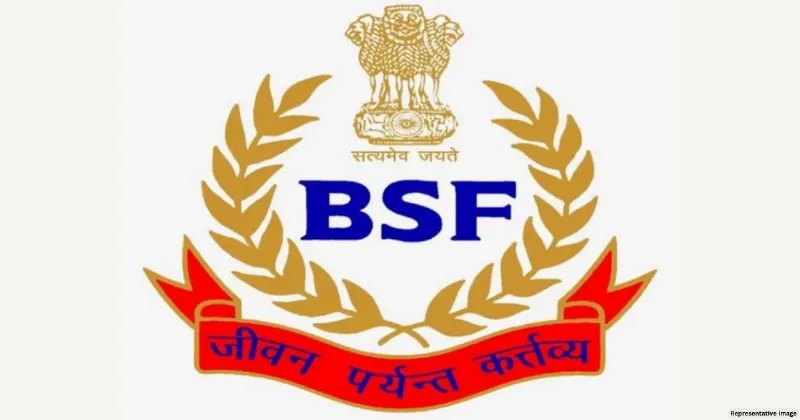Latest News
WHO confirms human case of bird flu in India

Kolkata: The World Health Organisation has confirmed the human case of bird flu in India, after the H9N2 virus was detected in a four-year child in West Bengal.
Overall, this is the second human infection of avian influenza A (H9N2) notified to WHO from India, with the first being done in 2019.
The child has recovered and was discharged from the hospital.
WHO received a notification from the International Health Regulations (IHR) National Focal Point (NFP) for India, regarding a human case of avian influenza A(H9N2) virus infection in West Bengal, the health body said in a press release.
"The patient is a 4-year-old child residing in West Bengal state. The case, previously diagnosed with hyperreactive airway disease, initially presented to the paediatrician with fever and abdominal pain on 26 January 2024.
He developed seizures on January 29 after which he was brought to the same paediatrician. The patient was admitted to the pediatric intensive care unit (ICU) of a local hospital due to the persistence of severe respiratory distress, recurrent high-grade fever and abdominal cramps.
The patient tested positive for influenza B and adenovirus.
He was discharged from the hospital on February 28 but with a recurrence of severe respiratory distress, he was referred to another government hospital and was admitted to the pediatric ICU and intubated on March 3.
His nasopharyngeal swab was sent to the Kolkata Virus Research and Diagnostic Laboratory and tested positive for influenza A (not sub-typed) and rhinovirus.
On April 26, the sample was sub-typed as influenza A(H9N2) through a real-time polymerase chain reaction. The patient was discharged from the hospital with oxygen support on May 1.
WHO said that the infected patient had exposure to poultry at home and in the surroundings.
It, however, also affirmed there were no known persons reporting symptoms of respiratory illness in the family, the neighbourhood, or among healthcare workers at health facilities attended by the case at the time of reporting.
The health body further warned that sporadic human cases could occur in the future as this virus is "one of the most prevalent avian influenza viruses circulating in poultry in different regions."
Animal influenza viruses normally circulate in animals but can also infect humans. Infections in humans have primarily been acquired through direct contact with infected animals or through indirect contact with contaminated environments. Depending on the original host, influenza A viruses can be classified as avian influenza, swine influenza, or other types of animal influenza viruses, the WHO stated in the release.
The health body further said that it is providing continued support to the government of India through technical advice, updates on risk assessment and updating contingency plans- both in the human and animal sectors in line with the global guidance.















